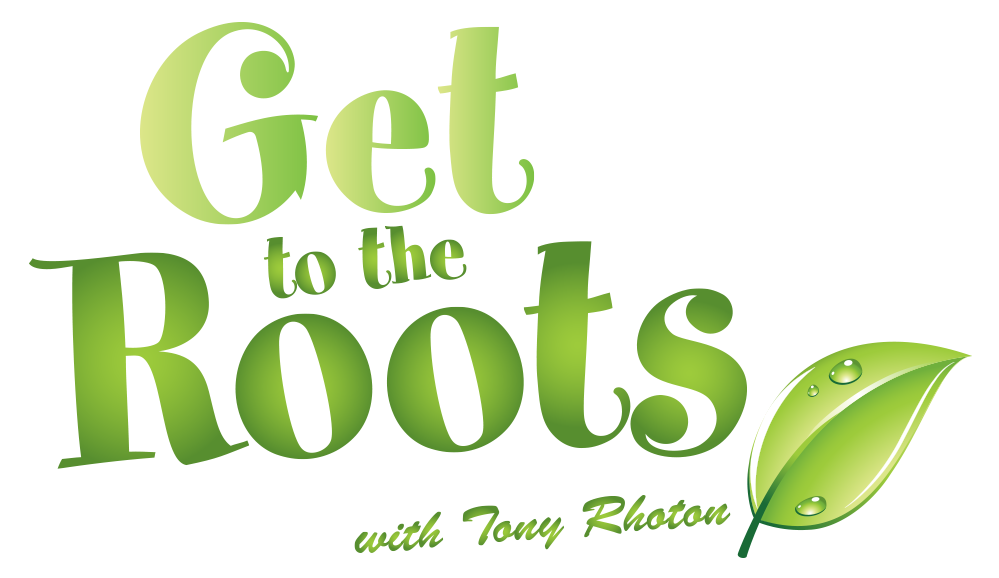What do you do when your child says, “I Want to Die?”
Today I’m sharing an experience I had and I regret it so I’m sharing openly to help you. I hope you don’t make the same mistake. However, if you have overreacted to this or any other shocking question, you can repair it.
I had a child come to me and say these exact words, “I just want to die.” My first reaction was not the one I should have given, which was:
Wrong way to respond:
- Stop saying that.
- Knock it off.
- Tell yourself this positive phrase over and over.
- Stop it now!
Unfortunately this is how I responded and I need to do some repair to this relationship.
How many times have you responded this way to your child or a loved one when they came to you with a problem?
The reason this is a problem is that it shuts the door to ongoing communication. My child immediately left the room and went downstairs.
You would think I would cue into the fact
Instead I yelled, “Get up here, now!”
Of course, they don’t want to come to me, I’m not being welcoming, loving or compassionate. For lack of better words, I was being a jerk.
I was refusing to listen and I’m not talking about what they were saying verbally, I’m talking about their body language. His head dropped, he started to cry and refused to talk.
Today, as I was thinking about this, I had to write about it. I have been feeling awful and can’t wait to say, “I’m sorry.”
Here’s what I should have done:
After he said, “I just want to die.”
I should have said, “Son, is this true? Do you wish you could just die?”
Based on whatever his answer is, I respond with, “I’m sorry you feel this way. How long have you felt this way?”
This approach instantly would establish trust and safe communication and this is the correct way to communicate with everyone. You must lead with love and compassion if you want to keep the doors of communication open. The more trust, love and connection you show, your child will start healing immediately because they avoid going into shame and secrecy.
I hope my experience helps you improve your communication with your child.

